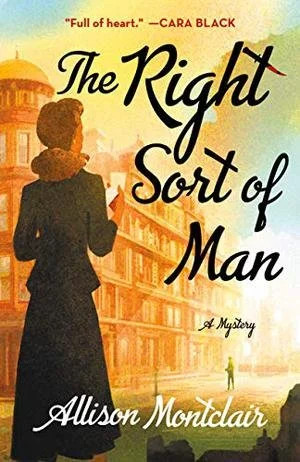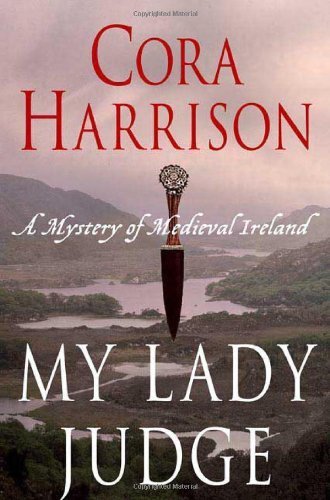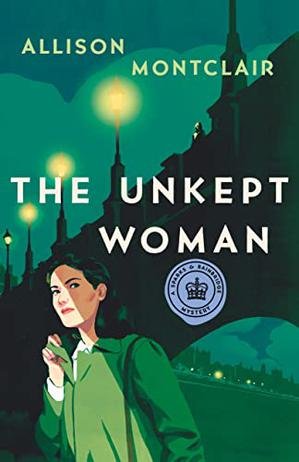Here are two fictional takes on the post-war period in Britain. First, a novel actually written in that period, by the inimitable Barbara Pym, a greatly underrated author. Second, a recently published historical mystery set right after World War II, from a series that is one of my favorites. The similarity of the titles is a bonus!
Excellent Women Barbara Pym (1952) The novelist’s careful and exacting style and first-rate dialog are at the center of this quiet novel, which focuses on Mildred Lathbury, an introverted single woman in her thirties. The usual post-war difficulties (rationing, bombed-out buildings) are in the background as Mildred goes through her days, working part-time at a social relief agency. She gets herself involved in the domestic dramas of those around her—the neighbors in her building of flats, the members of her local Anglican church, the clergy of that church. Often this involvement, which is unintentional and irritating to her, is quite comical. Mildred is definitely one of the “excellent women” of the title: the unsung females who make the tea at the church bazaar, who defer to men, who sublimate any sexual desires. This is a book to read if you need to calm your nerves after perusing the headlines in 2025.
An Excellent Thing in a Woman Allison Montclair (2025) Spoiler alert: You may want to start with #1 in this mystery series, The Right Sort of Man, reviewed here.
Ringing in at #8 in the Sparks and Bainbridge Mystery Series, this novel, with its title taken from a line in Shakespeare’s King Lear, maintains the high standards of the previous seven. Iris Sparks (retired WW II British spy) and Gwen Bainbridge (war widow with a young son) are once again matching up couples at their London marriage bureau. It’s 1947, and the BBC has ventured into the brand new medium of television, with live broadcasts from Alexandra Palace. Salvatore (“Sally”) Danielli, a friend of Iris from both her university and spying years, is working as a TV stage manager when a body is found in the props room. Iris is determined to clear Sally’s name—as is Gwen, who is Sally’s new girlfriend. What I love about reading these mysteries: the London ambience, the romances behind the murder scenes, the sparkling dialog, the friendship between Iris and Gwen, and the struggles of everyone in 1947 Britain to come to terms with the many personal devastations of the war.
























